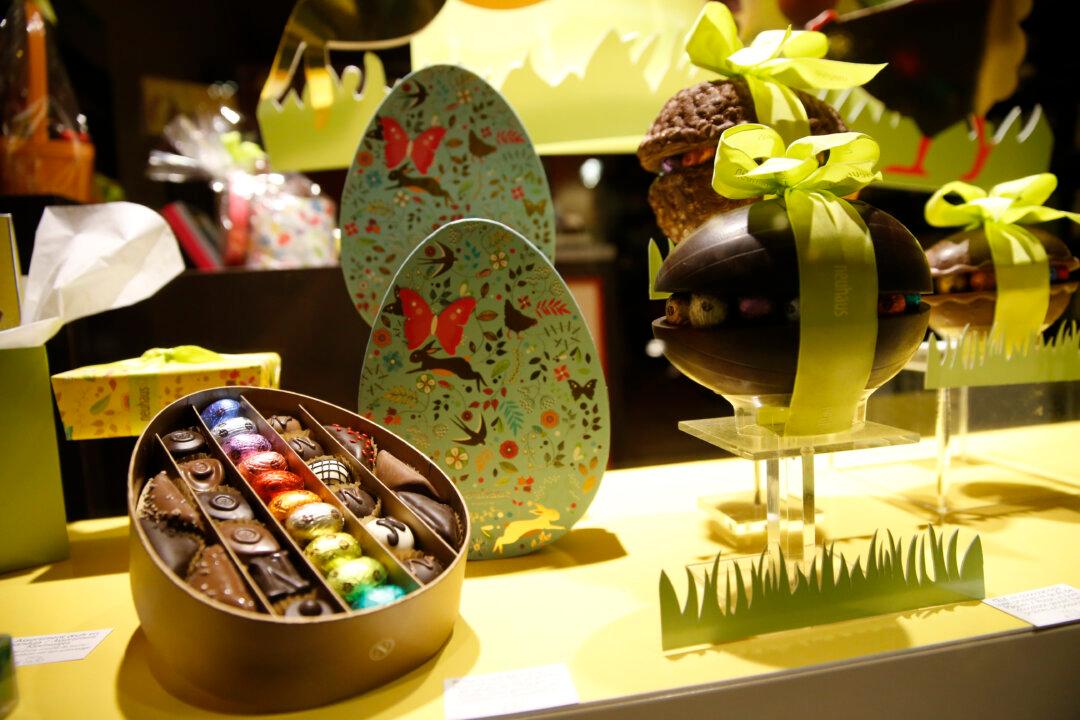BRUSSELS—At the aptly named Planete Chocolat, the shelves are laden with enticing Easter treasures for shoppers: bunnies with bows, pastel-wrapped eggs and elegant boxes of pralines.
Swannee Vranckx, a clerk at the shop near Brussels’ main square, said she would normally have seen 50 to 100 customers by midafternoon in the days before one of the biggest holidays of the Christian year. But after the bombing attacks that shattered the tranquility of Belgium’s capital, only a handful had come in search of Easter treats.
While the city’s chocolatiers are quick to offer condolences to the victims of the tragedy, they are equally fast to express their concerns about the future. Their livelihoods depend on people from around the globe streaming into their shops to indulge in their world-famous goodies—and they know that tourists don’t go places they don’t feel safe.
“I’m sure it will happen—people will cancel their trips,” Vranckx said. “They think it is a place for terrorists.”





